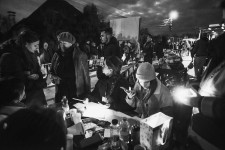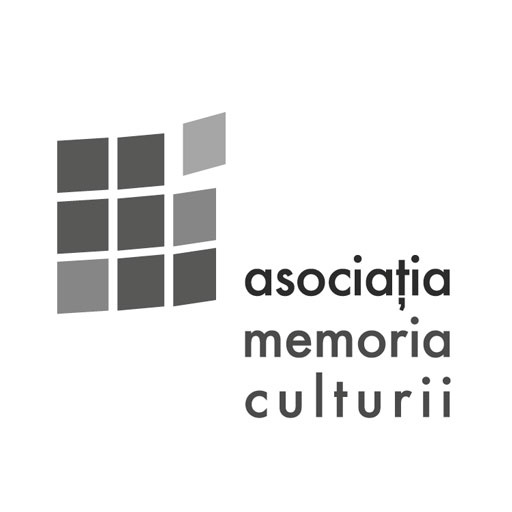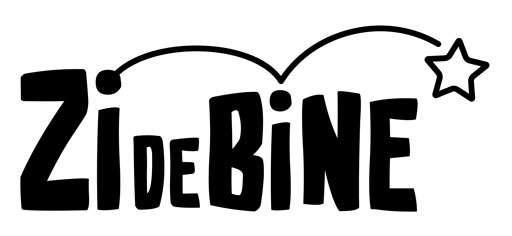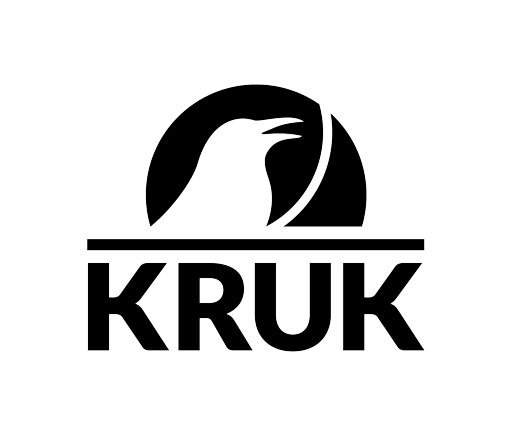Starting a new life, fleeing war and starting almost from scratch can be a real nightmare. Millions of Ukrainian refugees have already been living it for over a year. The text below is a helping hand from the War Street Journal team to help you get through it. Below you will find the most important sources of information you need, as a refugee, once you arrive in Romania.
Probably the best information resource for Ukrainian refugees in Romania is the Dopomoha platform: https://dopomoha.ro/en
On this web platform you can find informations about the procedure for entering the country, methods of applying for asylum in Romania, what rights and obligations you have and what resources you can access during your time in Romania. Dopomoha is available in Romanian, Ukrainian, English and Russian and can be accessed via any web browser from any device.
Informations on legal status
There are several ways to enter Romania: with temporary protection, with a right of short stay or as an asylum seeker. You can also apply for asylum from within Romania after entry. Find all the details here: https://dopomoha.ro/en/legal-status
Long-term accommodation
The Romanian government launched a special programme to help people obtain long-term accommodation in the country, called the 50/20 Programme.
Under the state programme, people hosting citizens arriving from the armed conflict zone in Ukraine receive monthly cash payments for: housing - 50 lei per person per day, meals - 20 lei per person per day.
Details here: https://unacoperis.ro/en
Emergency support
There is a platform where those who offer help in critical situations (NGOs, companies, legal entities) meet those who request it: https://sprijindeurgenta.ro/
Financial support
As a refugee you can also get cash financial support from UNHCR.
For more information, including eligibility criteria: https://dopomoha.ro/en/financial-support-from-unhcr
Medical services
According to the current legislation, Romania provides free medical care, diagnosis and treatment for all foreign citizens or stateless persons coming from the area of armed conflict in Ukraine.
You are entitled to receive medical care, according to your needs, including treatment for Tuberculosis (TB) and HIV/AIDS.
Free diagnosis and treatment is provided for tuberculosis in the form of a combination of anti-tuberculosis drugs for a minimum of 6 months. Details here: https://www.ms.ro/wp-content/uploads/2022/03/Material-pentru-persoanele-refugiate-infectate-cu-TB-%C8%99i-HIV.pdf
For the general European framework on health care for refugees, an useful link here: https://eu-solidarity-ukraine.ec.europa.eu/information-people-fleeing-war-ukraine/fleeing-ukraine-healthcare_ro
For refugees with rare and complex diseases, there are 24 European Reference Networks (ERNs) for diagnosis and treatment in almost all medical fields.
ERNs specialise in the diagnosis and treatment of rare or very rare diseases in almost all medical fields, including rare cancers. Details here: https://www.erncare4ua.com/
Jobs
If you are a Ukrainian citizen, have entered Romania legally and have not applied for a form of protection, you can work without an employment permit. You will not need to get a visa to get a job.
If you do not have the necessary documents (diplomas, certifications, attestations), you will give an affidavit that you have had some training or experience in the field you want to work in (one of the requirements is that you have no criminal record). This declaration is valid for 12 months, but can be extended for 6 months or 1 year, during which time you will have all the rights and obligations laid down by the employment law. If you have studied medicine, dentistry, veterinary medicine, pharmacy, architecture or any liberal profession and want to work in Romania, you must have the necessary supporting documents.
You can also benefit from employment incentives and protection under the unemployment insurance system. To get these benefits, you must first register with the county or municipal employment agencies.
About the free services offered by ANOFM (National Agency for Employment), here: https://mmuncii.ro/j33/images/Documente/MMSS/20220307_pliant_-servicii-UKR-pag2.jpg
A platform for easy access to job opportunities abroad and remotely: https://jobs4ukr.com/
You can also access a list of free or instructor-led online courses here: https://jobs4ukr.com/skills
Or directly at the source: https://skills4ukr.skills-academy.com/
Education
When entering the country, unaccompanied minors, mothers and adults with children are registered with the General Directorates for Social Assistance and Child Protection. The role of these institutions is to ensure that both carers and children receive the necessary assistance.
If you have not been registered with one of these institutions, contact the Directorate-General for Social Assistance and Child Protection in the county where you settled. You can find a list of links to these Directorates here: https://anpd.gov.ro/web/informatii-utile/directiile-generale-de-asistenta-sociala-si-protectia-copilului/
Detailed information on how to register a child for school, kindergarten or extracurricular activities can also be found on the dopomoha.ro platform, in this section: https://dopomoha.ro/en/education
You can also find the contact details of all school inspectorates at: https://www.edu.ro/inspectorate-scolare-judetene
For Romanian language courses for children and adults, you can go to: https://dopomoha.ro/en/romanian-eng, https://www.eucom.ro/eucom-ofera-cursuri-gratuite-de-limba-romana-si-engleza-pentru-refugiatii-ucraineni, https://www.facebook.com/profile.php?id=100083070171842
NGOs helping refugees
There are a number of NGOs offering support, often customised: from non-perishable food, hot meals, hygiene products, medicines, clothes, to free accommodation, legal advice, psychological counselling, translation, transport, orientation at the border and in the cities, as well as many other types of support.
A comprehensive list of such NGOs can be found here: https://cineceface.ro/ro/organizatii-neguvernamentale

















